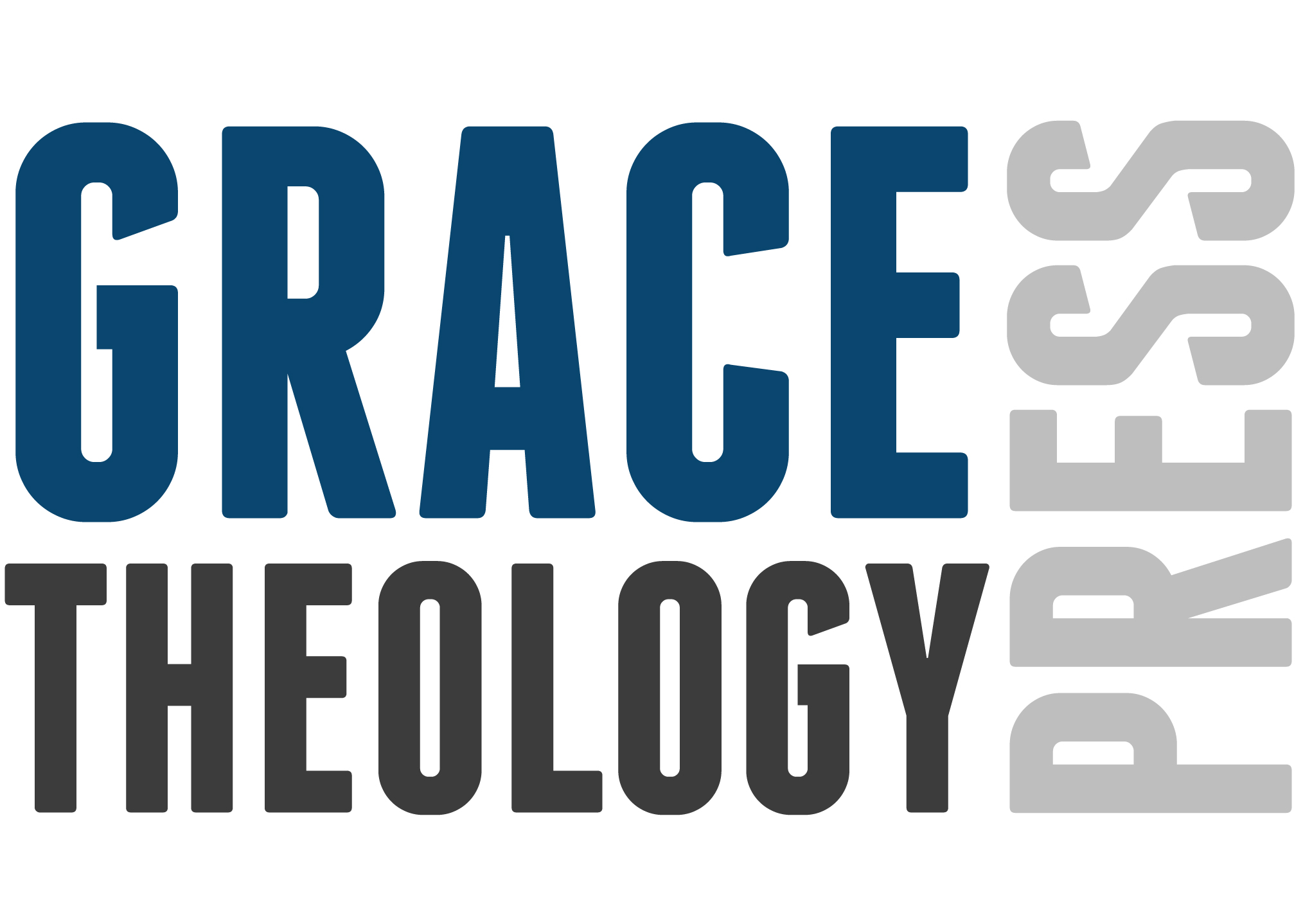Here is the second part of theological evaluation of the Faith Movement by Dr. Dennis Waltemeyer.
——-
A number of problematic issues concerning Faith Theology require vigilance on the part of today’s pastors to ensure these issues do not invade their churches. Knowledge is developed out of one of two worldviews. It flows either from the revelation God has graciously provided mankind, a biblical worldview, or it flows from the sinful heart of man which operates out of and according to the realm of Satan, a satanic worldview. The issues presented to the church today by the Faith Movement are not harmless and insignificant; they are serious, they are not born of a biblical worldview, and they have spiritual consequences in the lives of believers and the church. Due to the prevalence of Faith Theology in the media—so-called Christian radio and television is probably about 90% Faith Theology—and in many of the recent best-selling books in the Christian marketplace which are based on elements of Faith Theology, these doctrines influence the people in our churches when they are outside the walls of the church.
Faith teachers reject literal hermeneutics, and they abuse the text to force it into conformity with the presuppositions of Faith Theology. They routinely use a text as a starting point for a sermon to make it seem biblical, but the point they want to make in their teaching frequently has nothing to do with the text in question. Scriptures are often taken out of context and given meanings they do not contain. Faith teaching is not based on the exegesis of Scripture, but on Faith Theology, raising money, and mysticism.
Faith Theology views the book of Acts as the absolute standard for church practice throughout history rather than viewing it as a transitional book moving from the dispensation of the Mosaic Law to the dispensation of grace. They fail to understand that the gift of tongues was used as a sign to the Jews; it was not a sign of Spirit baptism for power and works which is their claim for the practice. Many Faith teachers now claim to hold the offices of prophets and apostles, and they claim to be receiving direct, new revelation from God.
 Pastors must see to it that the people in their church are biblically educated to the point they can discern truth from error. While Faith Theology, as with all error, is wrapped in a significant mantle of truth, the biblical errors are sufficient to warn any biblically literate person away. It is incumbent upon pastors and teachers to see to it that the people in their churches develop and maintain a biblical worldview, and that can only be accomplished by teaching the entire Bible from a dispensational structure. God’s plan for history from beginning to end has to be understood in order to properly understand the Bible. A simplified version of Charles Clough’s Framework series could be developed in house and presented to the church, but people must have a solid foundation in the Word of God from beginning to end.
Pastors must see to it that the people in their church are biblically educated to the point they can discern truth from error. While Faith Theology, as with all error, is wrapped in a significant mantle of truth, the biblical errors are sufficient to warn any biblically literate person away. It is incumbent upon pastors and teachers to see to it that the people in their churches develop and maintain a biblical worldview, and that can only be accomplished by teaching the entire Bible from a dispensational structure. God’s plan for history from beginning to end has to be understood in order to properly understand the Bible. A simplified version of Charles Clough’s Framework series could be developed in house and presented to the church, but people must have a solid foundation in the Word of God from beginning to end.
Faith Teachers disguise their false teaching by emphasizing emotion and experience. They employ tactics designed to psychologically manipulate people into an excited emotional state and claim it is from God. They encourage false manifestations of the Holy Spirit in order to make the people feel spiritual. This tactic worked at the beginning of the Pentecostal movement at the Azusa Street Revival in Los Angeles, and in more recent decades, it has worked at the Toronto Blessing, the Brownsville Revival, and the Lakeland Revival. The problem is many of these manifestations appear to represent demonic activity, not the work of the Spirit, and multitudes of people have been deceived by these heretical displays. Extra-biblical mysticism plays an important role in Faith Theology. They claim to operate in the realm of signs, miracles, and wonders without regard for the authenticating purpose of the miraculous which was to authenticate God, His message, and His messenger.
Small groups and lay people led Bible study groups may be portals for the introduction of Faith Theology into the church if they are not carefully managed. The leaders of those groups must be biblically knowledgeable, and the extra-biblical resources used in those classes must be thoroughly vetted by the church’s leadership to ensure doctrinal integrity. Good doctrinally sound, dispensational, Free Grace resources are much fewer in number, but they are beginning to be available.
Pastors are the flock’s shepherd, and it is their responsibility to protect the flock from wolves in sheep’s clothing. Faith teachers are wolves in sheep’s clothing! Preach the Word!
This article is written by:
Dennis Waltemeyer, Phd
Fredericksburg Bible Church
Fredericksburg, TX.














